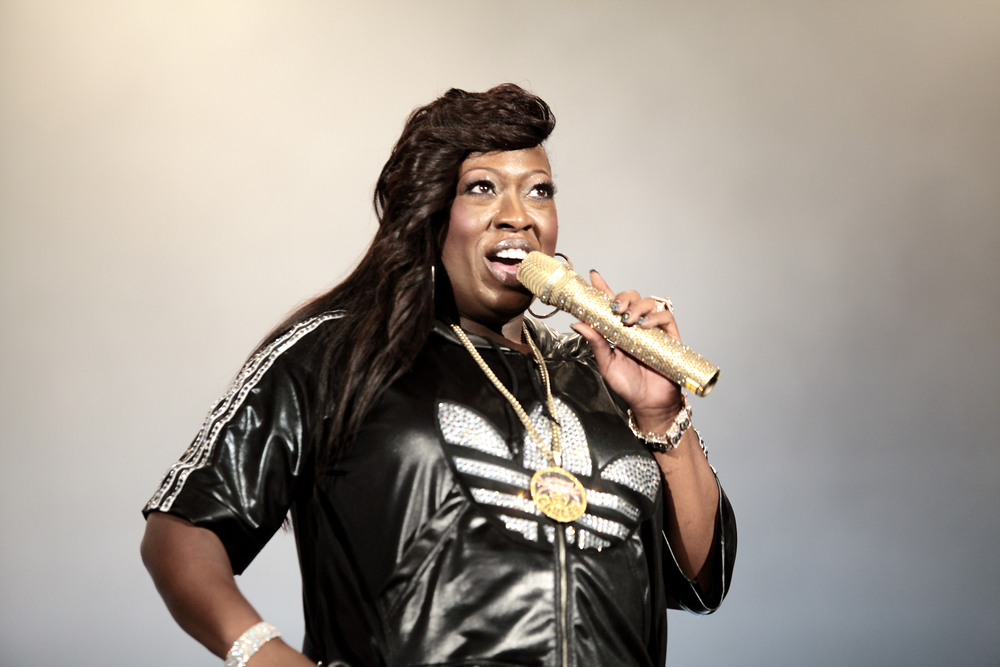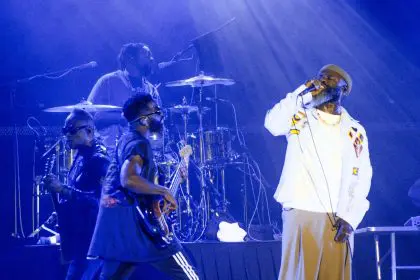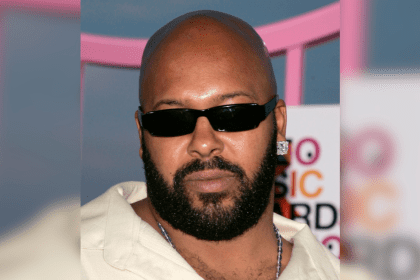The hip-hop world is buzzing today as we celebrate one of music’s most groundbreaking artists. Missy Elliott, born Melissa Arnette Elliott on July 1, 1971, in Portsmouth, Virginia, has spent over three decades reshaping what it means to be a female artist in hip-hop and R&B.
Early struggles shaped a superstar
Elliott’s path to stardom wasn’t paved with gold records from the start. Growing up in Virginia, she faced significant personal challenges that would later fuel her artistic expression. Music became her escape route, leading her to form the R&B group Sista in the early 1990s. Though the group didn’t achieve massive commercial success, it planted the seeds for what would become one of the most innovative careers in modern music.
The real magic happened when Elliott reconnected with childhood friend Timothy Mosley, better known as Timbaland. Their creative partnership would go on to define a generation of music, starting with behind-the-scenes work for other artists before Elliott stepped into the spotlight herself.
Revolutionary debut changed everything
When Supa Dupa Fly dropped in 1997, the music industry had never seen anything quite like it. Elliott’s debut album wasn’t just a collection of songs – it was a statement of artistic independence that refused to fit into existing categories. The album’s lead single became an instant classic, showcasing Elliott’s unique ability to blend rap verses with melodic hooks over Timbaland’s futuristic production.
What set Elliott apart wasn’t just her music but her visual presentation. Her music videos became cultural events, featuring surreal imagery, innovative special effects, and fashion choices that challenged conventional beauty standards. Each video was a mini-movie that expanded the boundaries of what hip-hop visuals could achieve.
Breaking barriers and building bridges
Throughout the late 1990s and early 2000s, Elliott continued releasing albums that defied easy categorization. Da Real World, Miss E… So Addictive, Under Construction, and This Is Not a Test! each brought something new to the table while maintaining her distinctive artistic voice.
Her hit songs became anthems of empowerment and self-expression. Tracks like the infectious party starter that dominated radio waves, the innovative street anthem that sampled classic soul, and the club banger that featured mesmerizing choreography all showcased different facets of her artistry. Each release proved that hip-hop could be experimental, fun, and meaningful all at once.
Elliott’s influence extended far beyond her own recordings. She wrote and produced hits for numerous other artists, helping shape the careers of R&B superstars and establishing herself as one of the industry’s most sought-after creatives.
More than just music
What makes Elliott truly special is how she used her platform to champion causes beyond entertainment. She became an advocate for body positivity long before it was trendy, showing that success in hip-hop didn’t require conforming to narrow beauty standards. Her confidence and authenticity inspired countless young women to embrace their individuality.
Elliott also pushed for greater representation behind the scenes, working to ensure that women had voices in production, songwriting, and creative direction. Her success opened doors for future generations of female hip-hop artists who now have a blueprint for maintaining artistic control while achieving commercial success.
Lasting impact and recognition
After taking time away from the spotlight in the late 2000s to focus on her health, Elliott proved her staying power with a successful return. Her 2015 comeback single reminded everyone why she remains relevant, while her 2019 EP Iconology demonstrated that her creative well hadn’t run dry.
The accolades have followed accordingly. Four Grammy Awards recognize her musical excellence, while the MTV Video Vanguard Award acknowledges her visual innovations. Most significantly, her 2023 induction into the Rock and Roll Hall of Fame made her the first female rapper to receive this honor, cementing her place in music history.
The legacy continues
At 54, Elliott remains a cultural force whose influence can be heard in today’s biggest hits. Contemporary artists regularly cite her as an inspiration, and her songs continue finding new audiences through social media platforms and streaming services.
Her journey from a young girl in Virginia to a global icon proves that authenticity and innovation can create lasting success. Elliott didn’t just adapt to the music industry – she changed it, creating space for artists who didn’t fit traditional molds.
As we celebrate another year of Missy Elliott’s remarkable life, we’re reminded that true artistry transcends trends and generations. Her legacy isn’t just about the hits she created or the awards she won – it’s about the barriers she broke and the possibilities she opened for everyone who came after her.















